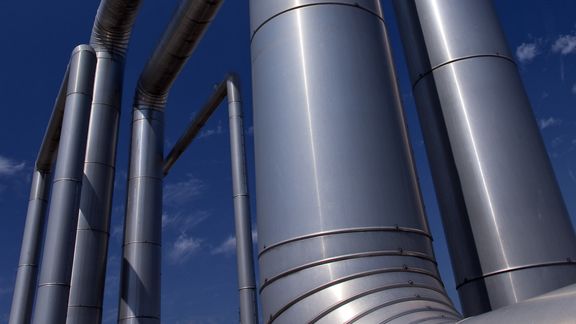European Parliament adopts position on cross-border energy infrastructure
On 7 October, the European Parliament adopted its position on the legislative proposal on cross-border energy infrastructure (TEN-E).

The TEN-E Regulation aims to achieve cross-border energy cooperation and introduces selection criteria for co-financing energy project of common interest (PCI), such as pipelines and energy storage facilities. As such, the TEN-E Regulation plays an important role in deploying infrastructure for the cross-border trade in hydrogen.
Imports of renewable energy
To meet the future energy needs of the EU, the import of renewable energy is paramount. In its position, the European Parliament rightfully maintains hydrogen infrastructure as a new category of energy infrastructure (Annex II of the proposal for a Regulation). As a result, import facilities such as terminals and storage facilities will be eligible for EU funding. In addition, the European Parliament recognises the need for hydrogen carriers.
Hydrogen carriers, such as ammonia and methanol, play an important role in the transmission of hydrogen to Europe. Finally, the European Parliament proposes to include the storage of CO2 as energy infrastructure. In the current TEN-E Regulation (2013), the storage of CO2 is not recognized as energy infrastructure and therefore excluded from EU funding. The Members of the European Parliament argue in favour of making the storage of CO2 eligible for funding and thus supporting the development of CCS projects across Europe.
Energy corridors
The European Parliament did, unfortunately, not propose any changes to the financing of local pipelines for the distribution of hydrogen. Local pipelines play in important role on the European energy corridors, but are currently excluded from financing. The Council of the EU has already proposed to amend this article and make local pipelines eligible for financing. The Port of Rotterdam calls on the European Parliament’s negotiators to support the Council’s position and enable the access of local pipelines to EU funding.
The TEN-E file has not yet been completed. Now that the European Parliament adopted its position, informal (trilogue) negotiations with the Council of the EU and the European Commission will commence. A final agreement is expected by late 2021.